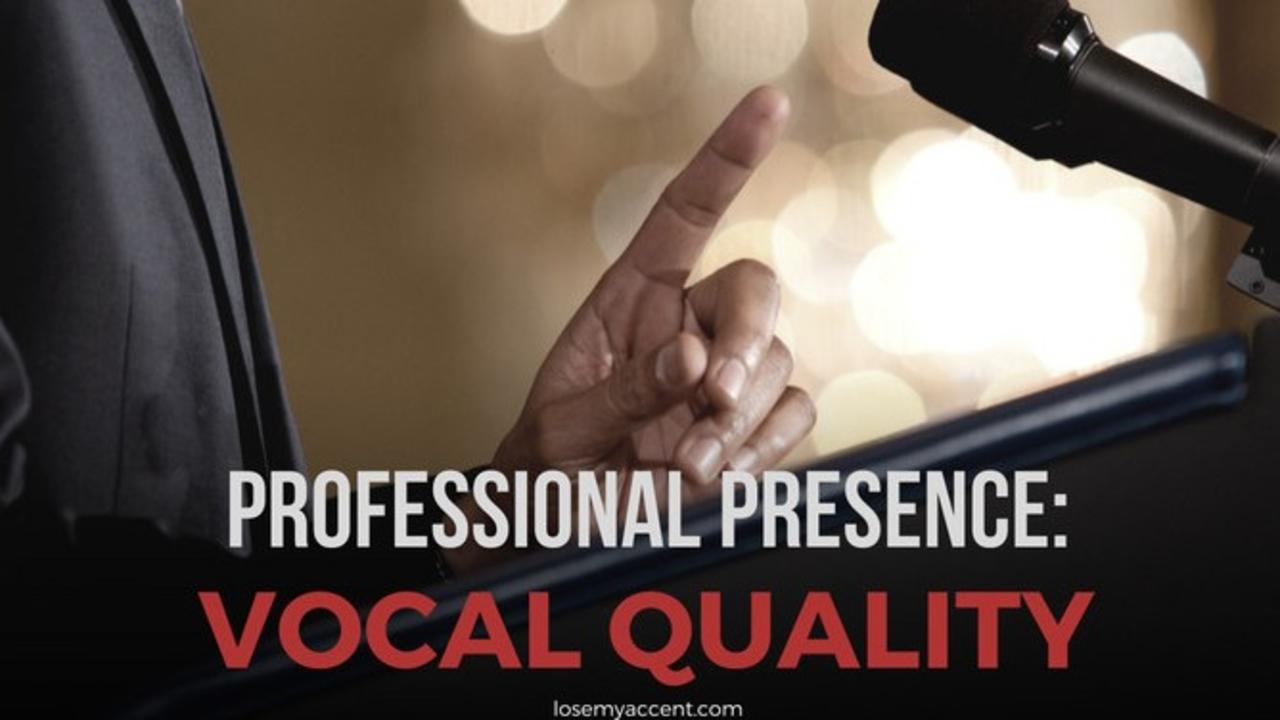Speaking Clearly with Lisa Scott
We're living and working in an age of international connectedness. Your co-workers or clients may actually be living overseas and speak English as a second or third language, connected to you through internet chats and teleconferencing. Or, you may work daily in person with non-native English spea...
Picture yourself in this everyday office scenario:
The staff is gathered for a presentation on a new company initiative.
The presenter passes out their information, and in a monotone fashion proceeds to plod through the slideshow presentation on the topic with seemingly little enthusiasm.
At t...
Have you ever listened to or watched a recording of yourself, and cringed at the sound of your voice? Perhaps when giving presentations, you know your voice isn't projecting the confidence you'd like... or maybe your company has realized it's time to give employees an edge with clients and shareh...





